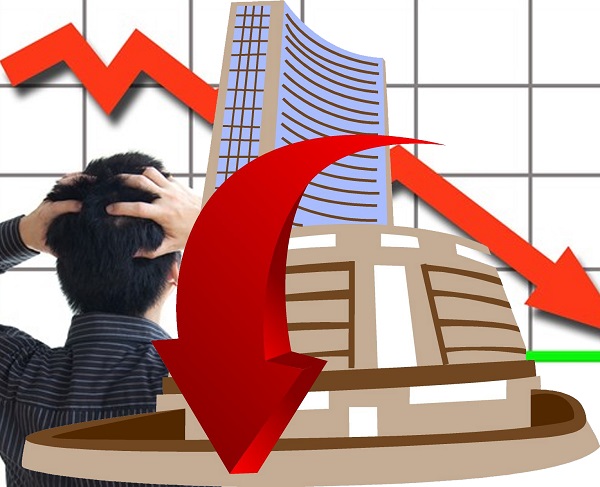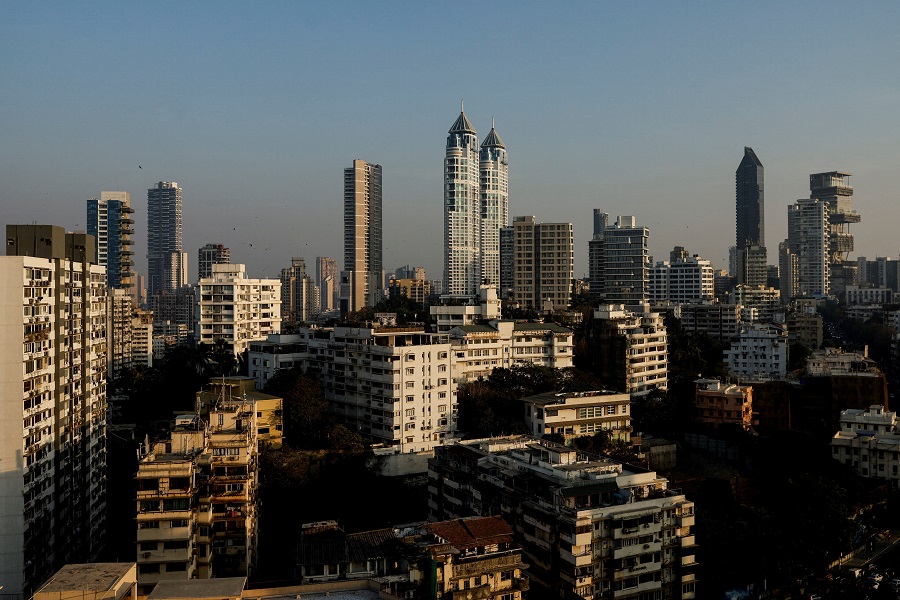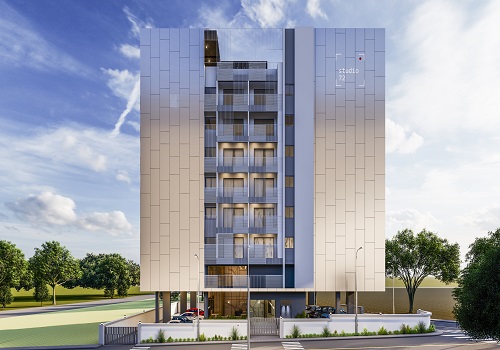Real Estate Sector: Outlook for Growth and Sustainability in 2025

As we enter 2025, the real estate sector in India is poised for a year of steady growth and transformation. The sector, which has been instrumental in the country’s economic development, continues to evolve in response to changing consumer needs, market dynamics, and government policies. From residential projects to commercial real estate, there are multiple factors driving optimism within the industry.
Key Trends and Drivers of Growth
* Shift Towards Affordable Housing: The demand for affordable housing continues to rise, fueled by the government's focus on initiatives like the Pradhan Mantri Awas Yojana (PMAY) and a growing middle class looking for affordable homeownership options. Developers are increasingly catering to this segment, with a focus on smaller, cost-effective units. Affordable housing remains the cornerstone of real estate development, with both public and private sector players keen to capitalize on this demand.
* Commercial Real Estate Resilience: While the pandemic disrupted office spaces, commercial real estate in India has shown resilience and adaptability. Hybrid work models have led to a shift in demand for flexible office spaces, with businesses increasingly seeking co-working solutions. Major cities like Bengaluru, Hyderabad, and Pune have witnessed a surge in demand for Grade A office spaces, as companies invest in high-quality real estate to enhance employee productivity and wellbeing.
* Digital Transformation and PropTech: Technology continues to play a pivotal role in transforming the real estate sector. From virtual property tours to blockchain-based transactions, PropTech innovations are revolutionizing how property is bought, sold, and managed. Digital tools that offer seamless experiences for buyers, sellers, and renters are becoming increasingly popular, making real estate transactions more transparent and efficient.
* Focus on Sustainability and Green Building Practices: Sustainability is no longer just a buzzword but a core principle for developers. Increasingly, both residential and commercial projects are adopting green building certifications and eco-friendly construction practices. With rising concerns about climate change and environmental impact, there is an increasing focus on energy-efficient buildings, solar panels, rainwater harvesting systems, and sustainable materials.
* Infrastructure Development Driving Real Estate Demand: Infrastructure development, such as the expansion of metro networks, improved roads, and better connectivity in Tier 2 and Tier 3 cities, is one of the primary drivers of real estate demand. These developments are making suburban and peripheral areas more attractive for both residential and commercial investments. As a result, developers are focusing on emerging markets with better connectivity and lower real estate prices.
* Government Policy Support: Government measures, including tax incentives, relaxed FDI norms, and the continued focus on affordable housing, are expected to provide a stable and conducive environment for real estate growth. The government's move towards digitalization and e-governance is also streamlining approval processes, making it easier for developers to navigate the regulatory landscape.
Challenges to Overcome
Despite the positive outlook, there are several challenges that the real estate sector will need to address in 2025. Rising construction costs, particularly due to inflation and supply chain disruptions, may affect profitability. Additionally, the sector still faces challenges related to land acquisition, project delays, and regulatory hurdles that can impact growth. However, with a proactive approach to addressing these issues, the industry can maintain its upward trajectory.
Conclusion
The real estate sector in India is set for another dynamic year in 2025, with a focus on affordable housing, sustainability, and digital transformation. As infrastructure improves, demand for both residential and commercial real estate is expected to rise. While there are challenges to navigate, the sector’s resilience and adaptability will continue to be key factors in driving growth in the coming years.






















